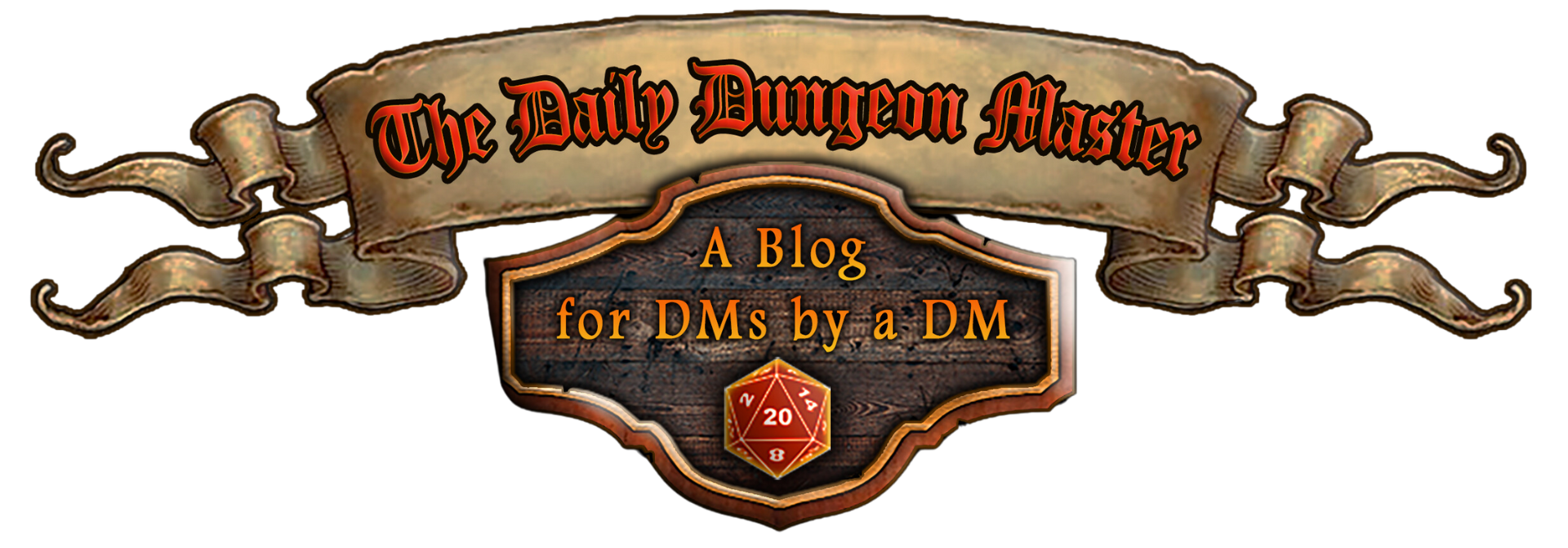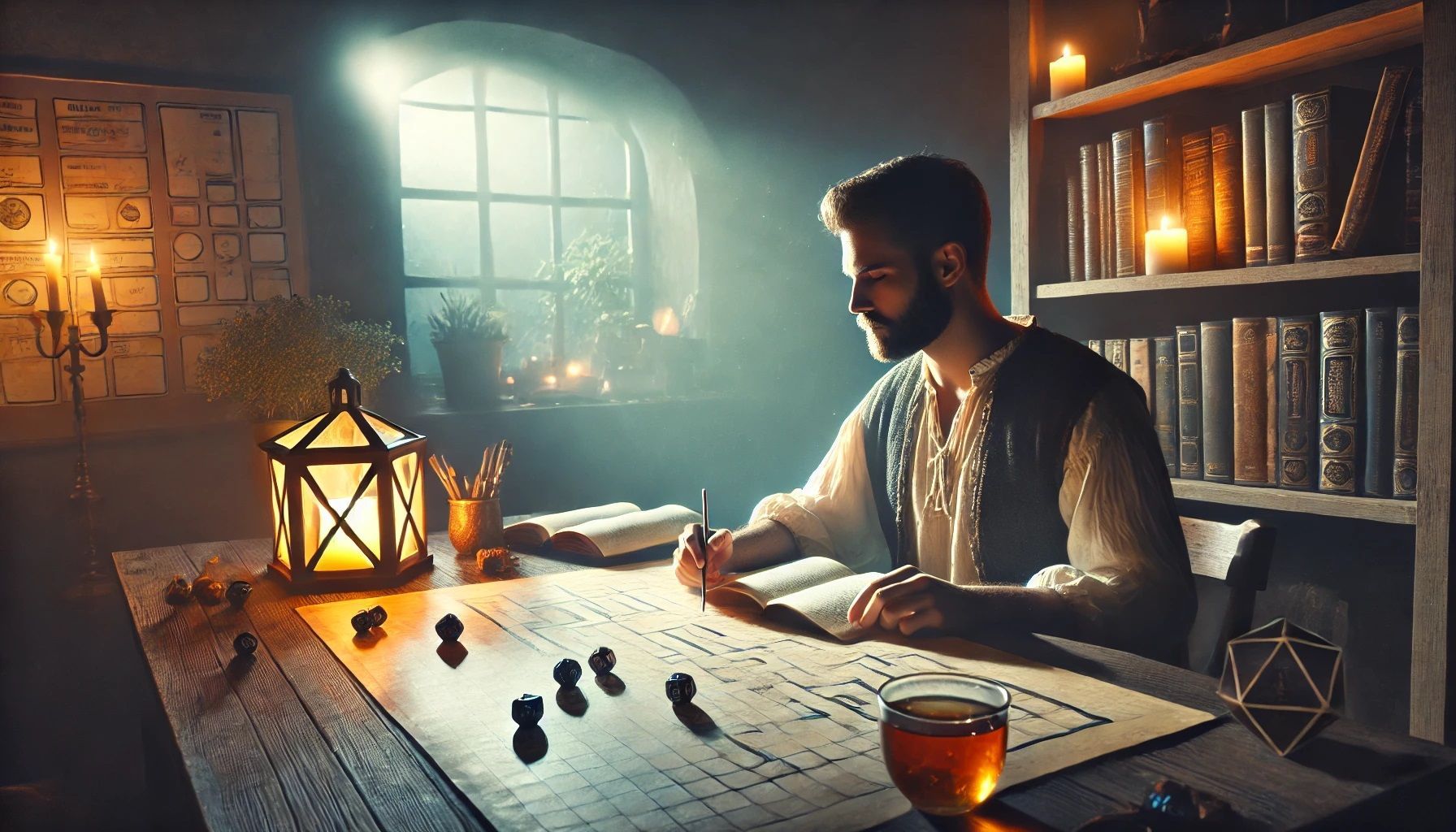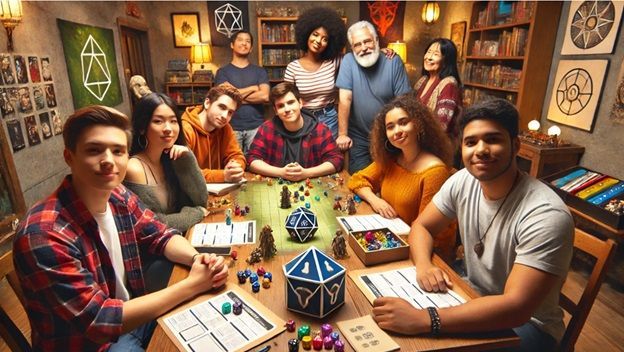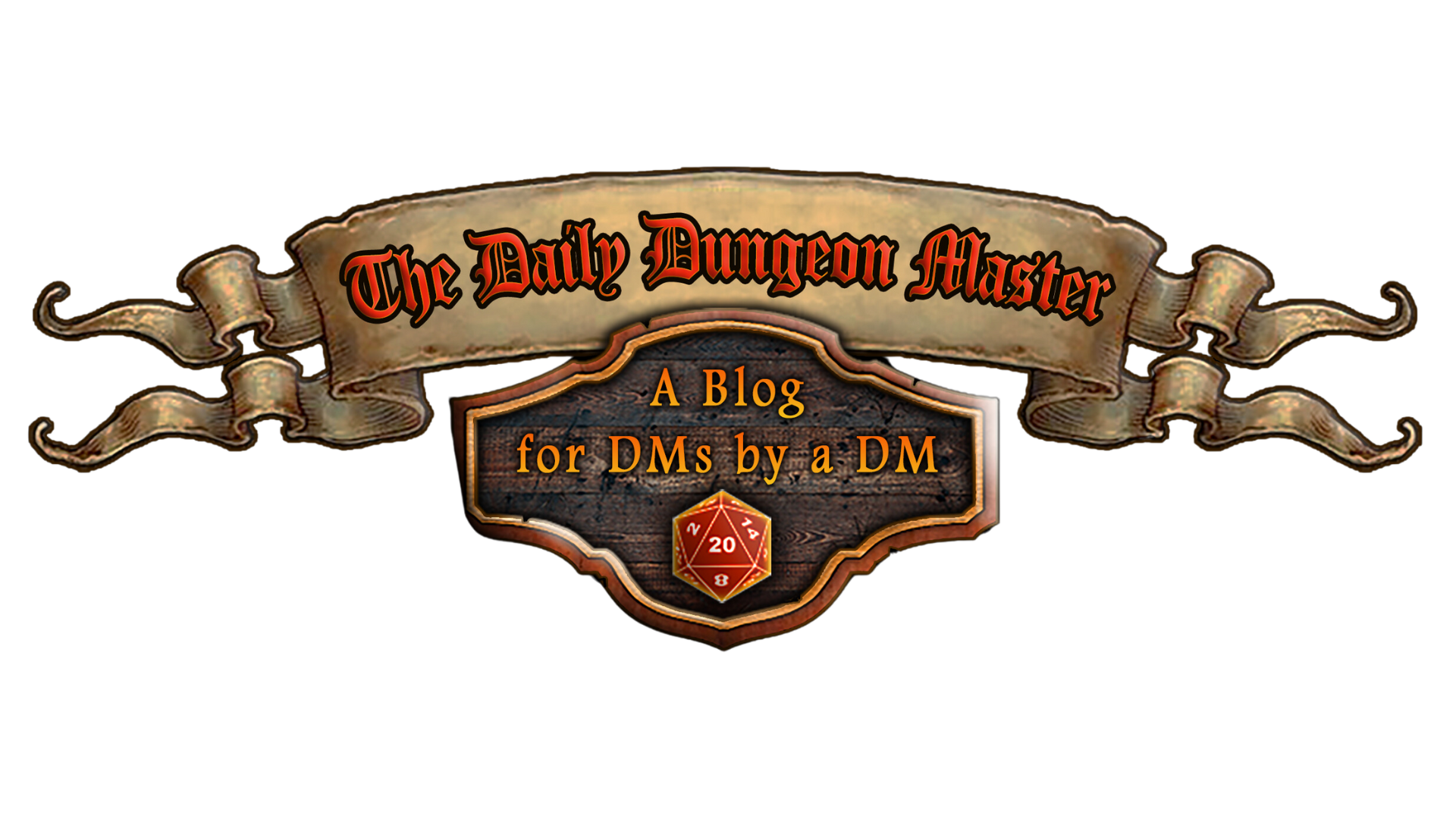Unlikely Allies: Building NPCs with Unique Motivations
Unlikely Allies: Building NPCs with Unique Motivations

Dear Readers,
Non-player characters (NPCs) are the lifeblood of a vibrant Dungeons & Dragons campaign. While your players might be the stars of the show, NPCs provide the necessary foil, depth, and unpredictability that make a world come alive. A merchant’s sarcastic wit, a local mayor’s quiet ambition, or even the quirks of a wandering bard can turn an average session into a memorable one.
But what truly sets an NPC apart from the generic quest-givers and background extras? Motivations. Today, we delve into the fascinating realm of NPCs with unique and conflicting motivations. By giving your NPCs distinct goals and desires—especially those that may clash with the players or even each other—you create a dynamic and immersive experience that enhances your campaign's story in unexpected ways.
Why NPC Motivations Matter
In the tapestry of your campaign, NPCs are more than set dressing; they’re the threads that weave the world together. Motivations act as the driving force behind an NPC’s actions. When those motivations are complex, conflicting, or unusual, they become:
- Memorable: Players are more likely to remember an NPC who has depth over one who simply hands out loot or information.
- Dynamic: Motivated NPCs take action that shapes the narrative, sometimes even off-screen.
- Engaging: Players might find themselves invested in helping (or thwarting) an NPC whose goals resonate with—or oppose—their own.
The Foundations of Unique NPC Motivations
Crafting NPC motivations doesn’t need to be an arduous process. Here are some core concepts to consider:
1. Backstory Breeds Behavior
Every NPC should have a history, even if it’s only a few bullet points. What events shaped them? For example:
- A blacksmith who was a failed adventurer might overcharge adventurers out of spite, even as they secretly admire their courage.
- A priest who lost their faith may still preach passionately because it’s all they’ve ever known.
2. Ambition Fuels Action
Every character wants something. For truly engaging NPCs, think beyond "money" or "power" to motivations like:
- Recognition for their achievements.
- Reuniting with a long-lost loved one.
- Seeking revenge for an injustice, real or perceived.
3. Conflict Builds Complexity
The best NPCs wrestle with inner or external conflict:
- An assassin hired to kill the party but who secretly loathes their employer.
- A paladin who upholds justice but secretly harbors doubts about their deity.
Types of Unique Motivations
Let’s explore some categories of motivations to inspire your NPC creations.
1. Self-Serving Motives
Not all NPCs are altruistic, and that's okay. Characters driven by selfish desires can create tension and intrigue. Examples include:
- Personal Glory: A bard who wants to immortalize themselves in song, even if it means embellishing the party's deeds or outright stealing credit.
- Survival: A cowardly mercenary who betrays others to stay alive but is wracked with guilt.
- Greed: A merchant willing to sell cursed items because they fetch a higher price.
2. Noble but Flawed
Some NPCs have noble goals but pursue them in questionable ways:
- Ends Justify the Means: A revolutionary who steals from the innocent to fund their rebellion.
- Moral Absolutism: A judge who enforces laws without mercy, even when it harms the innocent.
- Tragic Heroism: A healer who sacrifices their own health to save others but hides their deteriorating condition.
3. Unusual or Quirky Motivations
These NPCs break the mold by having goals that are unconventional, humorous, or just plain odd:
- Collectors: A wizard obsessed with finding the rarest hats in the multiverse.
- Philosophers: A barbarian who seeks to answer life’s deepest questions mid-battle.
- Hopeless Romantics: A rogue who falls in love with every new NPC they meet and writes them poetry.
4. Conflicted Loyalties
NPCs caught between opposing factions or personal values can create compelling drama:
- Double Agents: A spy who works for both the players and their enemies, hoping to manipulate the outcome in their favor.
- Family vs. Duty: A knight loyal to their kingdom but unwilling to betray their rebel sibling.
- Forbidden Love: A drow noble secretly helping the party out of affection for one of its members.
Crafting Memorable NPCs Step-by-Step
Let’s walk through a process to create an NPC with a unique and engaging motivation.
Step 1: Choose a Role in the Story
Ask yourself what purpose this NPC serves in the campaign:
- Are they an ally? Rival? Temporary party member? A one-off or recurring character?
Step 2: Determine Their Backstory
Give them a foundation. For example:
- A retired soldier who now runs a tavern but feels restless and longs for adventure again.
Step 3: Define Their Goal
What drives them forward? For example:
- They want to find a lost magical artifact rumored to bring eternal peace, believing it could end all wars.
Step 4: Add Conflicts or Flaws
This adds dimension to their character:
- They’re being hunted by their old comrades who see their pursuit of peace as treasonous.
Step 5: Give Them Personality
Infuse quirks, speech patterns, or habits:
- They hum old war songs while cleaning mugs and have a pet parrot that repeats battlefield commands.
Integrating NPCs Into the Story
Once you've crafted your NPC, the real fun begins: introducing them to your players. Here’s how to ensure their motivations shine.
1. Tie Them to the Players
- Connect their goals to the party’s objectives. For example, the retired soldier-turned-barkeep offers them vital information on the artifact they're seeking but refuses to help unless they protect them from their pursuers.
2. Introduce Moral Dilemmas
- NPCs with conflicting motivations can challenge the party's ethics. What happens when the NPC’s idea of "peace" involves wiping out an entire faction? Will the players support or oppose them?
3. Let NPCs Act Independently
- A motivated NPC doesn’t just sit around waiting for the party. Maybe the barkeep secretly reaches out to an old ally for help—or betrays the party to their pursuers in a desperate attempt to protect themself.
4. Evolve Their Story
- Allow their motivations and personality to change based on the party's actions. If the players earn their trust, the barkeep might join them as a permanent ally—or become a tragic enemy if betrayed.
Case Study: Memorable NPCs with Unique Motivations
Here are a few example NPCs to inspire you:
1. Mistral, the Guilt-Ridden Thief
- Backstory: A once-famous thief, Mistral accidentally caused the death of an innocent during a heist.
- Motivation: They now steal only from corrupt nobles and merchants, hoping to make amends.
- Conflict: Their former guild sees them as a traitor and is hunting them down.
- Role: A potential ally who can help the party infiltrate secure locations—if they protect her.
2. Sir Beren, the Vengeful Knight
- Backstory: Sir Beren’s family was murdered by a cabal of warlocks.
- Motivation: He’s dedicated his life to eradicating all practitioners of magic.
- Conflict: Despite his hatred of magic, he’s cursed with magical abilities himself.
- Role: A reluctant ally who can provide brute force but might turn on the party if they rely too heavily on magic.
3. Elara, the Starstruck Merchant
- Backstory: A simple merchant who dreams of becoming an adventurer.
- Motivation: She idolizes the party and wants to prove her worth by joining their ranks.
- Conflict: She’s entirely unprepared for the dangers of adventuring, but her enthusiasm might inspire others.
- Role: Comic relief who can provide logistical support and unintentionally create chaos.
Tips for Roleplaying Motivated NPCs
When it comes to playing these NPCs at the table, remember the following:
- Embody Their Quirks: Use accents, mannerisms, or catchphrases to make them stand out.
- Stay True to Their Goals: Let their actions reflect their motivations, even if it causes conflict with the party.
- Keep Them Human: Even villains should have moments of vulnerability or relatability.
Conclusion: Unlikely Allies Make Unforgettable Stories
By creating NPCs with unique and conflicting motivations, you open the door to richer storytelling and deeper player engagement. These characters breathe life into your world, challenging players’ expectations and leaving a lasting impact on your campaign.
So, the next time you sit down to craft an NPC, ask yourself: What do they want, and how far are they willing to go to get it? The answers might just surprise you—and your players.
Until next time, Dear Readers...
All Rights Reserved | The Daily Dungeon Master











